Home>Garden Essentials>How Quickly Does Grass Germinate
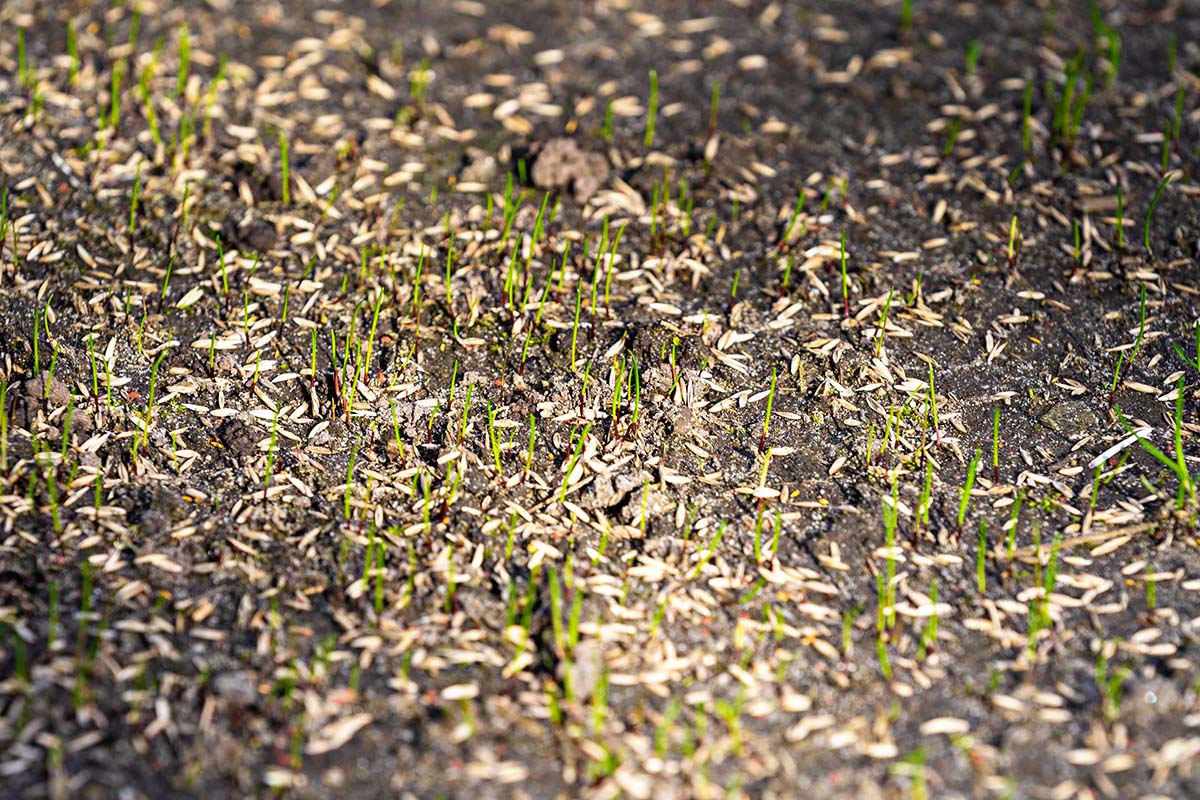

Garden Essentials
How Quickly Does Grass Germinate
Modified: March 16, 2024
Discover how quickly grass germinates in your garden with our helpful guide. Learn the best techniques to ensure a fast and successful germination process.
(Many of the links in this article redirect to a specific reviewed product. Your purchase of these products through affiliate links helps to generate commission for Storables.com, at no extra cost. Learn more)
Introduction
Welcome to the world of gardening! If you have recently embarked on the journey of creating a lush and vibrant lawn, you may find yourself wondering how quickly grass germinates. Understanding the germination process is essential for successful lawn establishment and maintenance. In this article, we will explore the factors that influence grass germination, ideal conditions for germination, the germination time for different grass species, tips for speeding up germination, and common mistakes to avoid. So, let’s dive in and unravel the mysteries of grass germination!
Key Takeaways:
- Grass germination depends on factors like temperature, moisture, and soil quality. Providing optimal conditions and avoiding common mistakes can speed up the process, leading to a lush and healthy lawn.
- To speed up grass germination, choose the right grass species, pre-soak seeds, and use seed starter products. Consistent watering, sunlight exposure, and avoiding foot traffic also contribute to successful seedling growth.
Read more: How To Germinate Grass Seed Quickly
Factors Affecting Grass Germination
Grass germination can be influenced by various factors, all of which play a vital role in determining the speed and success of the process. Understanding these factors will help you create the optimal conditions for your grass seeds to sprout and thrive. Let’s take a look at some of the key factors:
- Temperature: Grass seeds require specific temperature ranges to germinate. Each grass species has its own temperature preferences. Generally, cool-season grasses, such as Kentucky bluegrass and fescue, germinate best in temperatures between 60°F and 75°F (15°C and 24°C). Warm-season grasses like Bermuda grass and Zoysia grass prefer temperatures between 80°F and 95°F (27°C and 35°C).
- Moisture: Adequate moisture is essential for grass seed germination. Dry conditions can prevent seeds from absorbing water and initiating the germination process. On the other hand, excessive moisture can lead to rotting or fungal diseases. It’s crucial to maintain consistent moisture levels during the germination period.
- Air circulation: Good air circulation is important for grass seed germination. Stagnant air can lead to fungal diseases and hinder the overall health of the developing seedlings. Ensure proper ventilation and avoid overcrowding of seeds to promote healthy germination.
- Soil conditions: The quality and composition of the soil greatly impact grass germination. Loose, well-draining soil provides an ideal environment for seed establishment. Compacted or heavy soils can impede seed growth by restricting root penetration and water absorption. Preparing the soil through proper cultivation and amendment will enhance germination success.
- Seed quality: Using high-quality grass seeds is crucial for successful germination. Ensure that the seeds are fresh, free from pests or diseases, and properly stored. Investing in reputable seed suppliers will significantly increase the chances of successful germination.
- Light exposure: While some grass seeds require exposure to light for germination, others germinate best in darkness. It’s important to research the specific requirements of the grass species you are working with. As a general rule, most grass seeds benefit from some exposure to sunlight, so avoid burying them too deep in the soil.
Understanding and managing these factors will lay the groundwork for successful grass seed germination. By providing the appropriate conditions, you can ensure that your lawn gets a healthy and vibrant start.
Ideal Conditions for Grass Germination
To achieve successful grass germination, it’s crucial to create the ideal conditions that support the growth of the seeds. By providing the following optimal conditions, you can maximize the chances of quick and healthy germination:
- Temperature: As mentioned earlier, different grass species have different temperature preferences. However, in general, a temperature range of 60°F to 75°F (15°C to 24°C) is considered ideal for most cool-season grasses. For warm-season grasses, a temperature range of 80°F to 95°F (27°C to 35°C) is preferred. Maintaining consistent temperatures within these ranges will facilitate faster germination.
- Moisture: Adequate moisture is essential for seed hydration and germination. Optimal moisture levels can be achieved by watering the soil lightly but frequently. Keep the soil evenly moist, but be cautious not to create waterlogged conditions, as excessive moisture can lead to fungal diseases and rotting of the seeds. A gentle misting or sprinkler system can help maintain the right moisture levels.
- Soil preparation: Before sowing the seeds, it’s crucial to prepare the soil properly. Start by removing any existing vegetation or weeds, followed by loosening the topsoil with a tiller or a rake. This allows for better seed-to-soil contact and easy root penetration. Additionally, amending the soil with organic matter, such as compost, can improve its structure and nutrient content, creating an optimal environment for seed germination.
- Seed-to-soil contact: Good seed-to-soil contact is vital for successful germination. Ensure that the seeds are in direct contact with the soil to facilitate water absorption and root development. Lightly rake or roll the seedbed after sowing to press the seeds into the soil without burying them too deep.
- Protection from birds and pests: Birds and pests can pose a threat to newly sown grass seeds. To protect your seeds, consider using netting or floating row covers to keep birds away. Additionally, applying a thin layer of straw or mulch over the seeded area can help deter pests and retain soil moisture.
By providing these ideal conditions, you can create a favorable environment for grass seed germination. Remember to monitor the soil moisture, temperature, and other factors regularly, and make adjustments if necessary. Patience and proper care during the germination process will reward you with a beautiful and healthy lawn in no time.
Germination Time for Different Grass Species
The germination time for grass seeds can vary depending on the species and the conditions in which they are sown. While some grass species germinate quickly, others may take a bit longer to sprout. Here is a general overview of the estimated germination times for common grass species:
- Kentucky bluegrass: Kentucky bluegrass is a popular cool-season grass that typically takes around 14 to 30 days to germinate. It has a slower germination rate compared to other grasses, but it forms a dense and lush lawn once established.
- Tall fescue: Tall fescue, another cool-season grass, has a relatively quicker germination time of about 7 to 14 days. It is known for its adaptability to different soil conditions and its ability to withstand drought and heavy foot traffic.
- Ryegrass: Ryegrass is a fast-germinating cool-season grass that usually sprouts within 5 to 10 days. It is often used for overseeding lawns or as a temporary cover while waiting for other grass species to establish.
- Bermuda grass: Bermuda grass is a warm-season grass that germinates fairly quickly, typically within 7 to 14 days. It thrives in hot climates and is known for its excellent tolerance to heat and drought.
- Zoysia grass: Zoysia grass, another warm-season grass, has a germination time of about 14 to 21 days. Although it may take slightly longer to establish, Zoysia grass forms dense, drought-resistant lawns once it takes hold.
It’s important to note that these germination times are approximate and can vary depending on various factors such as temperature, moisture, and soil conditions. Some grass species may also have different varieties or cultivars with varying germination rates. Always refer to the specific instructions on the grass seed packaging or consult with a local gardening expert for more accurate information.
Remember that germination is just the first step in establishing a healthy lawn. Proper maintenance, including regular watering, mowing, and fertilizing, along with adequate sunlight, will help the grass seedlings grow into a lush and vibrant lawn over time.
To speed up grass germination, keep the soil consistently moist but not waterlogged, and provide warmth by covering the area with a clear plastic sheet. This will create a greenhouse effect and help the seeds germinate faster.
Tips for Speeding up Grass Germination
If you’re eager to see your grass seeds sprout and grow into a beautiful lawn, there are several tips and techniques you can employ to speed up the germination process. By following these guidelines, you can encourage quicker and more successful grass germination:
- Pre-soaking the seeds: Pre-soaking the grass seeds in water for a few hours or overnight can help soften the seed coats and accelerate the germination process. This is particularly effective for larger grass seeds like fescue or ryegrass.
- Choosing the right grass species and variety: Some grass species, such as ryegrass or Bermuda grass, have faster germination rates compared to others. Selecting a grass species and variety known for quick germination can significantly speed up the process.
- Using a seed starter product: Seed starter products contain essential nutrients and growth-promoting substances that can enhance germination and support early seedling growth. Look for seed starters specifically designed for grass seeds and follow the instructions for application.
- Applying a germination blanket or covering: Germination blankets or covers help create a controlled microclimate around the seeds, retaining moisture and warmth. These covers can accelerate germination by providing optimal conditions. Be sure to remove the cover once the grass seeds have sprouted.
- Watering consistently: Maintaining consistent moisture levels in the soil is crucial for successful germination. Water the seeded area lightly but frequently to keep the soil moist. Avoid overwatering, as it can lead to waterlogged conditions and hinder germination.
- Providing adequate sunlight: Most grass seeds benefit from some exposure to sunlight during germination. Ensure that the seeded area receives at least a few hours of direct sunlight each day. If necessary, remove any obstacles that may block sunlight, such as tree branches or excessive shade from buildings.
- Avoiding foot traffic: Minimize foot traffic on the seeded area during the germination period. Walking or heavy activity can disrupt the soil and damage the delicate seedlings. Consider marking off the area and directing traffic away until the grass has established.
While these tips can help speed up grass germination, it’s important to note that patience is still required. The germination process can take time, even with these techniques. Also, keep in mind that different grass species have different natural germination rates, so it’s essential to manage your expectations accordingly.
By implementing these tips and providing the optimal conditions for your grass seeds, you can give them a head start in their journey towards becoming a lush and healthy lawn.
Read more: How Quickly Does Oenothera Germinate
Common Mistakes to Avoid during Grass Germination
When it comes to grass germination, there are some common mistakes that gardeners can unknowingly make. These mistakes can hinder the germination process and delay the establishment of a healthy lawn. To ensure successful germination, here are some common mistakes to avoid:
- Planting too deep: Planting grass seeds too deep in the soil can prevent them from receiving adequate sunlight and oxygen, resulting in weak or failed germination. Follow the recommended seeding depth specified on the seed packaging and avoid burying the seeds too deep.
- Overwatering or underwatering: Proper moisture levels are crucial for successful germination. Overwatering can drown the seeds or promote fungal diseases, while underwatering can lead to dry conditions that inhibit germination. Maintain consistent moisture by watering lightly but frequently, and monitor the soil moisture regularly.
- Mowing too soon: It’s important to resist the temptation to mow the newly germinated grass too soon. Allow the grass seedlings to establish a strong root system before mowing. Wait until they reach a height of at least 3-4 inches before mowing for the first time.
- Using the wrong grass species: Different grass species have different requirements and adaptability to specific climate conditions. Using the wrong grass species for your region can result in poor germination and struggling lawns. Research and choose grass species that are well-suited for your climate and soil conditions.
- Allowing for weed competition: Weeds can compete with grass seeds for nutrients, sunlight, and space. It’s important to control weeds before and during the germination process. Clear the area of existing vegetation and use pre-emergent herbicides if necessary to prevent weed growth.
- Skipping soil preparation: Properly preparing the soil is crucial for successful germination. Skipping soil preparation steps like removing debris, loosening the soil, or adding organic matter can result in poor seed-to-soil contact and hinder germination. Invest the time and effort in prepping the soil properly.
- Not following recommended seeding rates: Over- or under-seeding can affect the density and overall health of your lawn. It’s important to follow the recommended seeding rates specified for the grass species you are planting. This will help ensure optimal coverage and successful germination.
Avoiding these common mistakes will set the stage for successful grass germination and the establishment of a beautiful and healthy lawn. Remember to carefully follow the instructions provided on the seed packaging and consult with gardening experts if you have any doubts or concerns.
Conclusion
Understanding the process of grass germination is essential for establishing a beautiful and healthy lawn. By considering the factors that affect germination, creating optimal conditions, and avoiding common mistakes, you can speed up the germination process and increase your chances of success.
Factors such as temperature, moisture, air circulation, soil conditions, seed quality, and light exposure all play a role in grass germination. By providing the right conditions, including the appropriate temperature and moisture levels, you can create an environment that promotes quick germination.
Choosing the right grass species and variety, pre-soaking seeds, using seed starters, and applying germination blankets or covers are techniques that can help speed up the germination process. Proper watering, sunlight exposure, and avoiding foot traffic during germination also contribute to successful seedling growth.
On the other hand, it’s important to avoid common mistakes that can hinder germination, such as planting seeds too deep, overwatering or underwatering, mowing too soon, using the wrong grass species, allowing weed competition, skipping soil preparation, and not following recommended seeding rates.
Remember, grass germination is just the beginning. Proper maintenance, including regular watering, mowing, fertilizing, and protection from pests and diseases, is crucial for the long-term health and beauty of your lawn.
With patience, care, and the right knowledge, you can create a lush and vibrant lawn that will be the envy of the neighborhood. Happy germinating!
Frequently Asked Questions about How Quickly Does Grass Germinate
Was this page helpful?
At Storables.com, we guarantee accurate and reliable information. Our content, validated by Expert Board Contributors, is crafted following stringent Editorial Policies. We're committed to providing you with well-researched, expert-backed insights for all your informational needs.
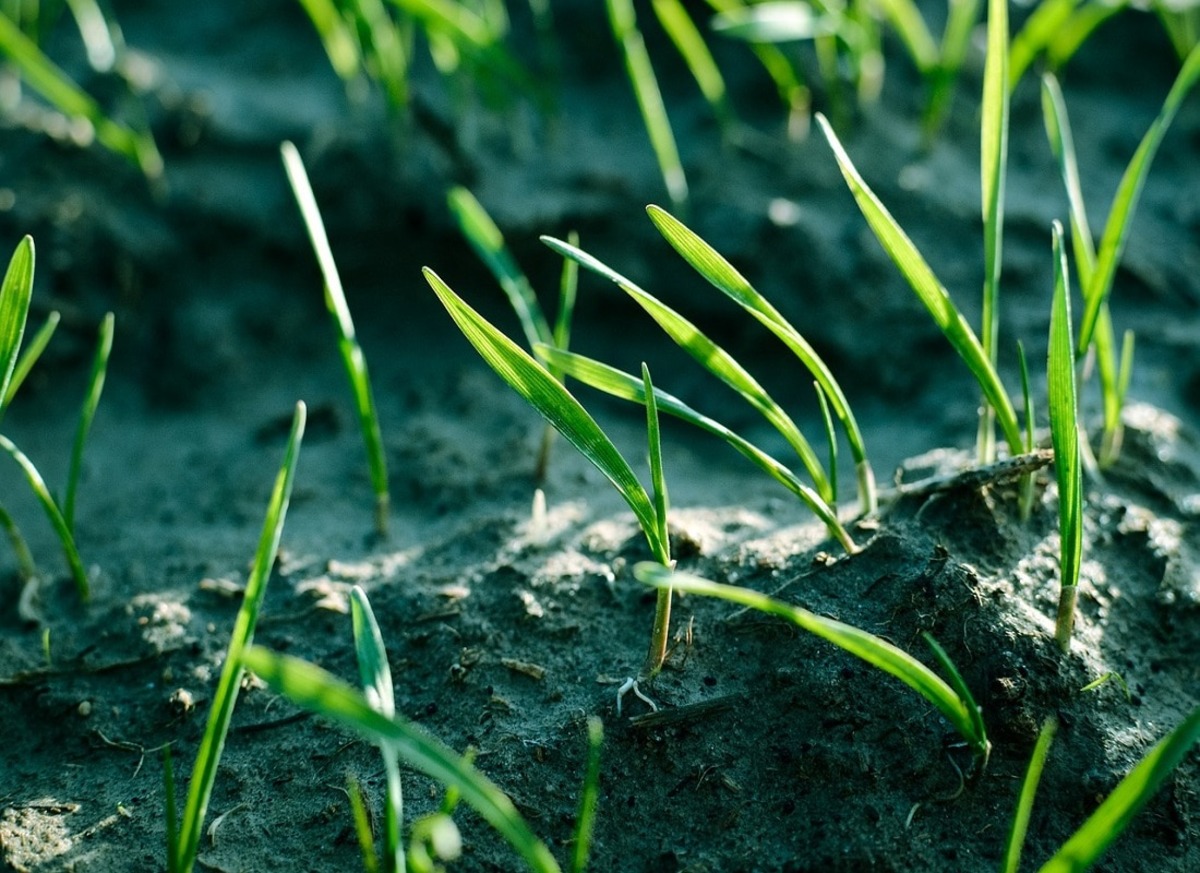
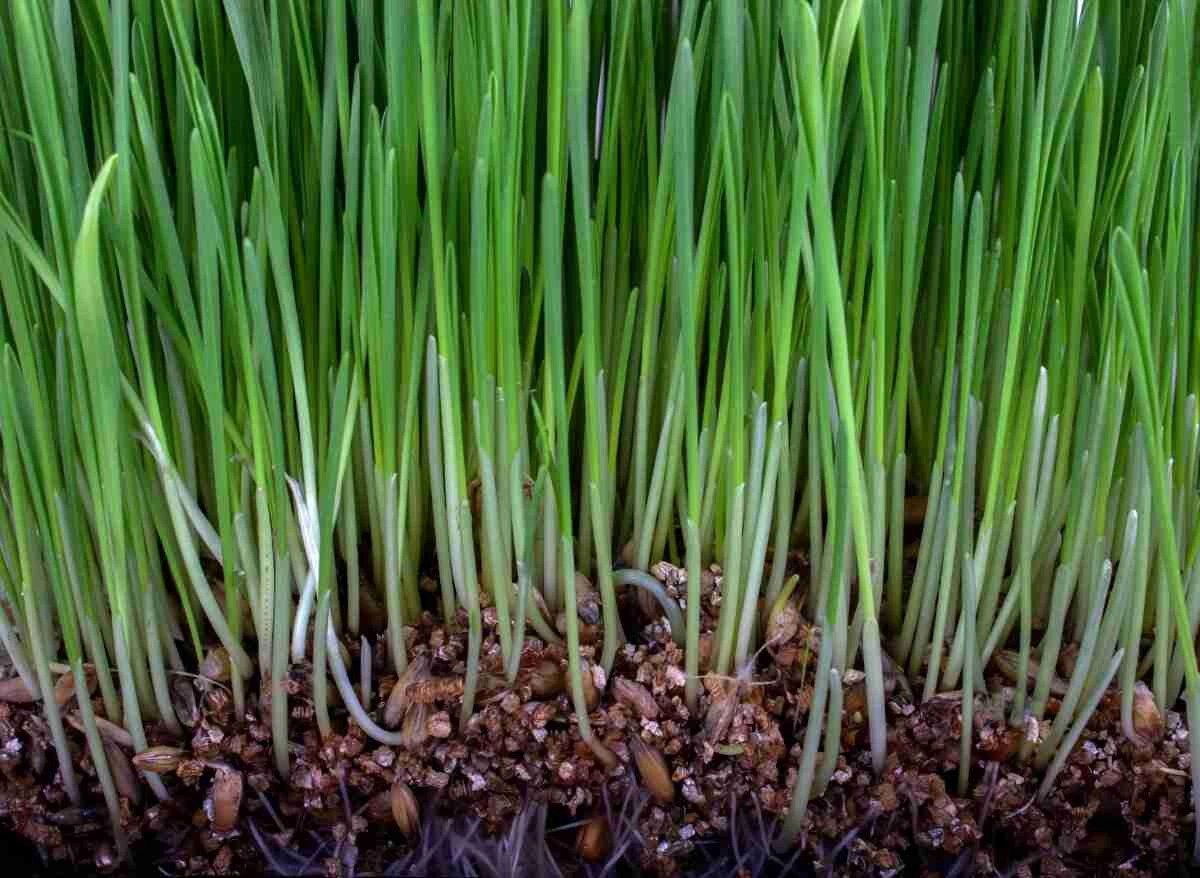
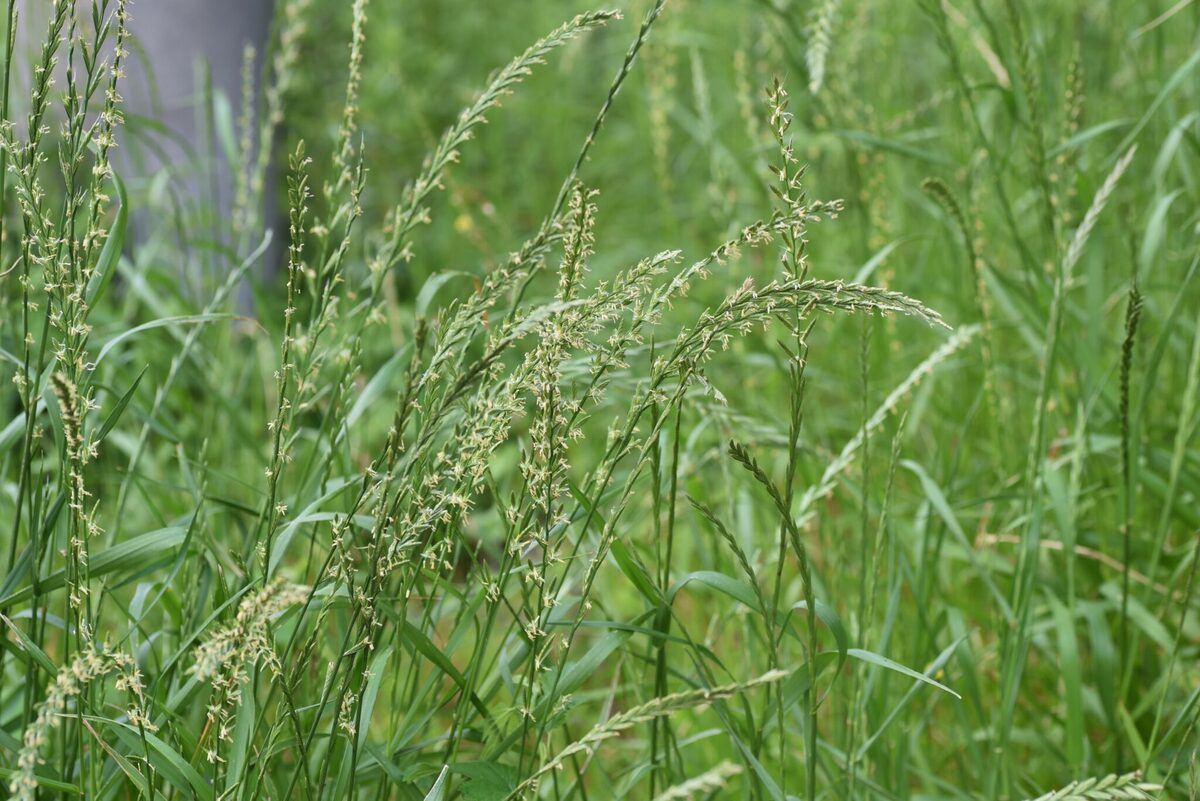
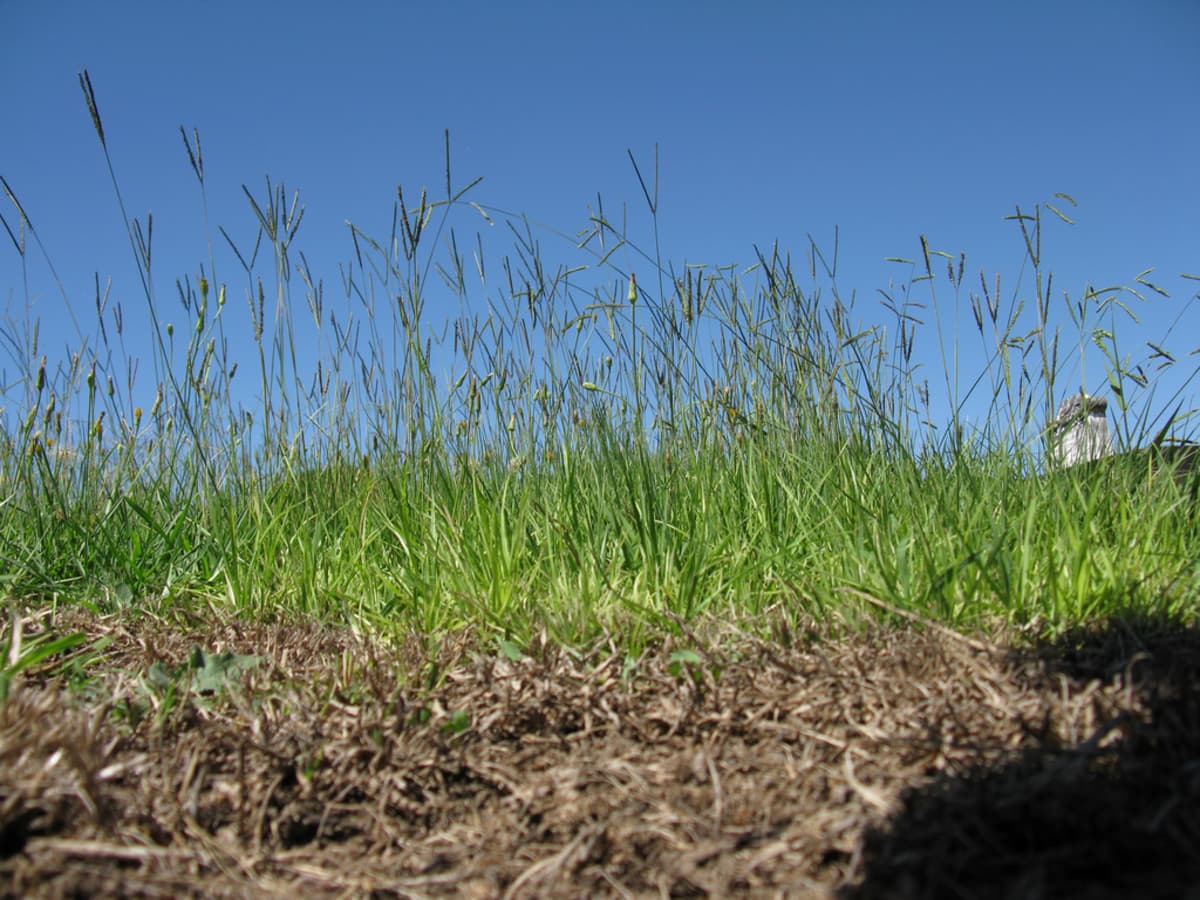
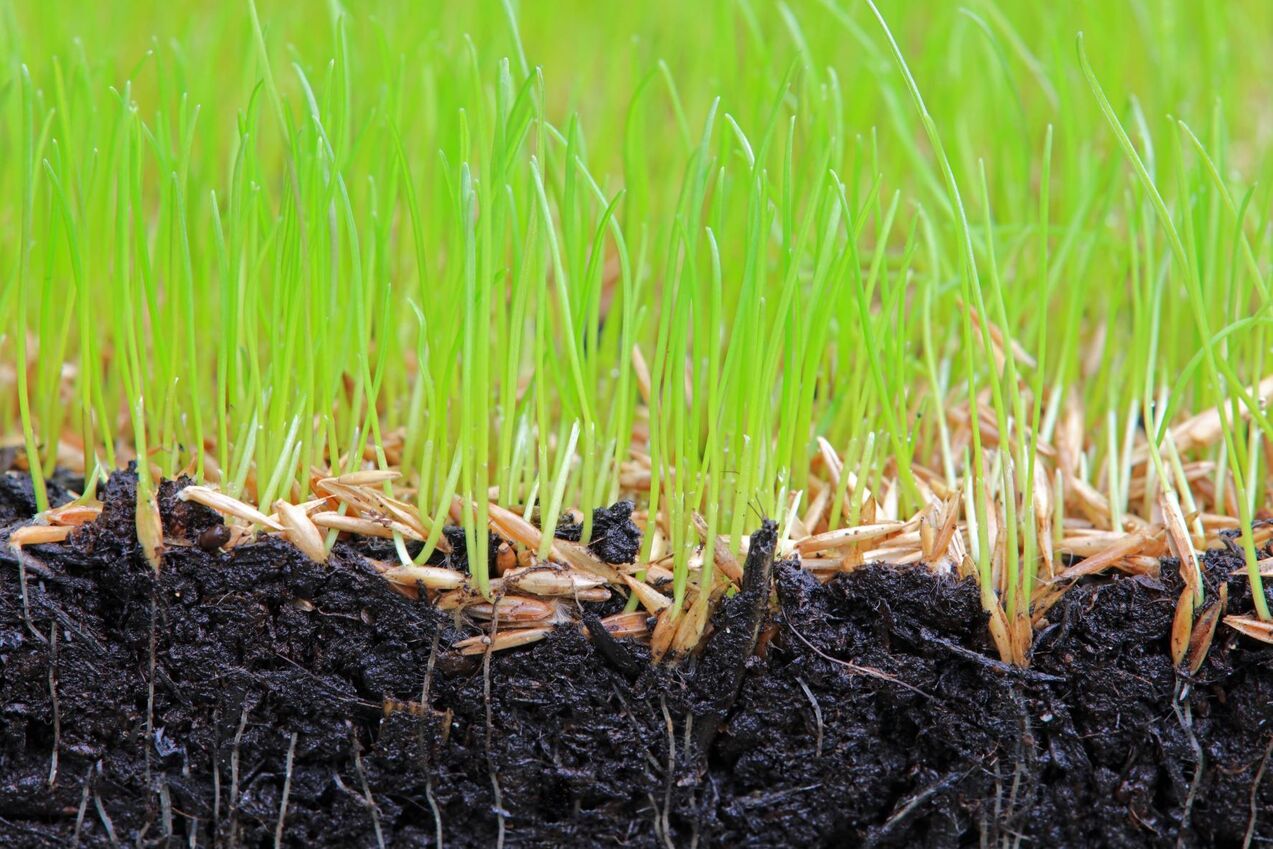
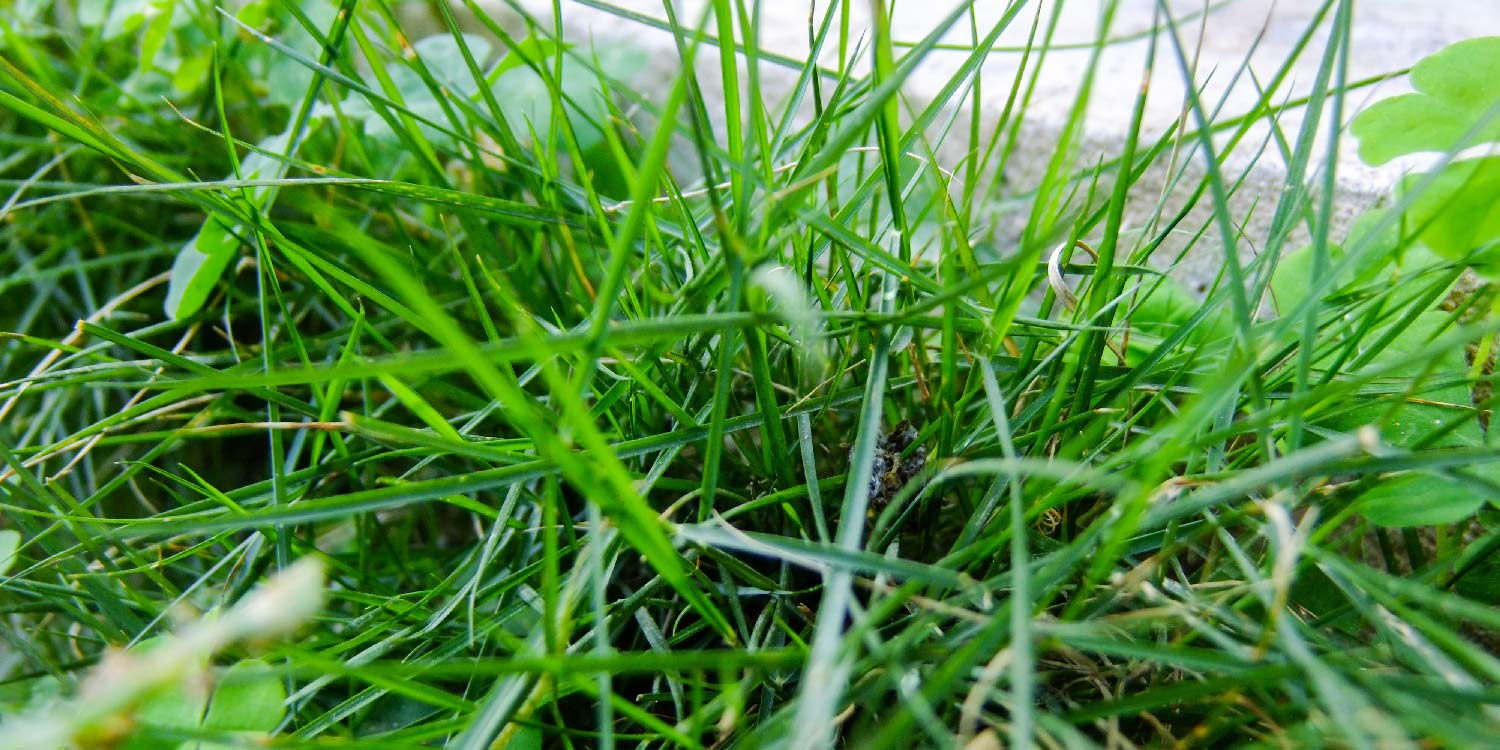
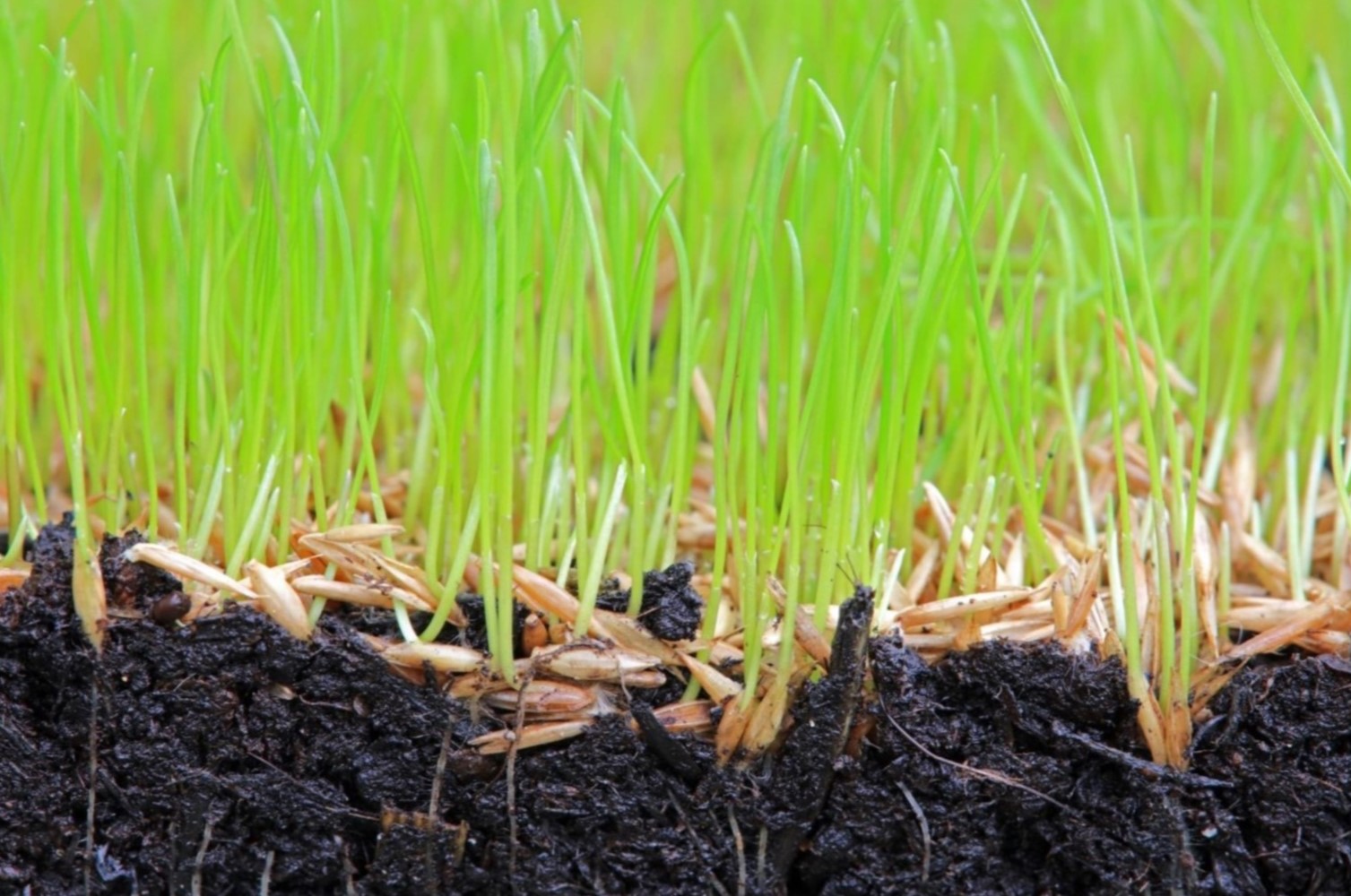
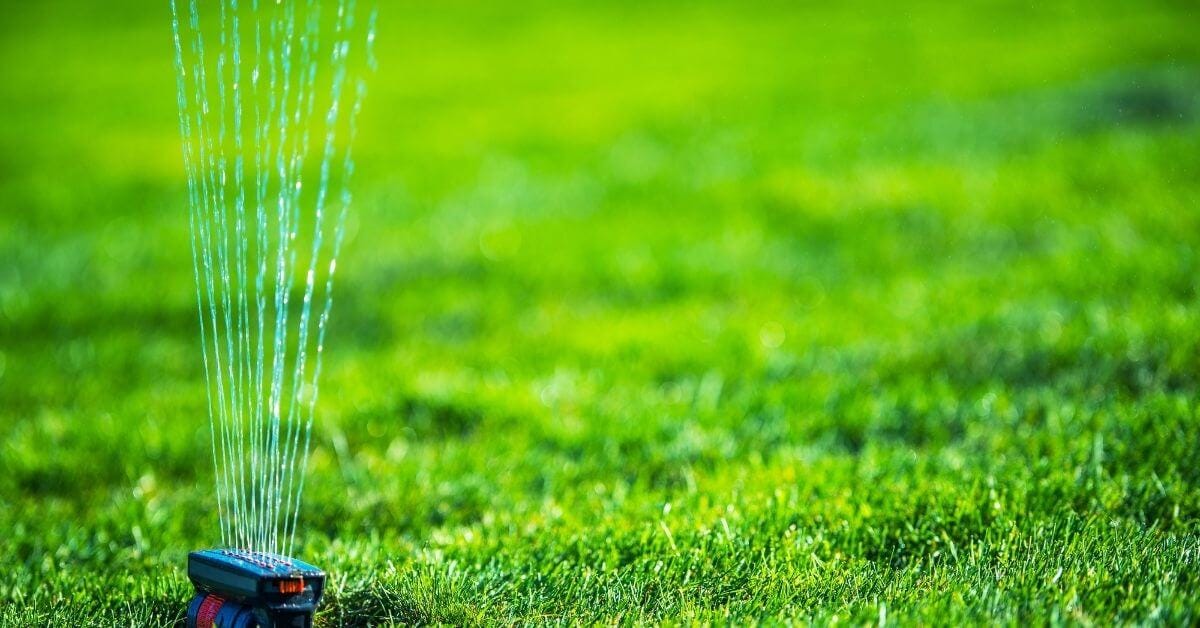
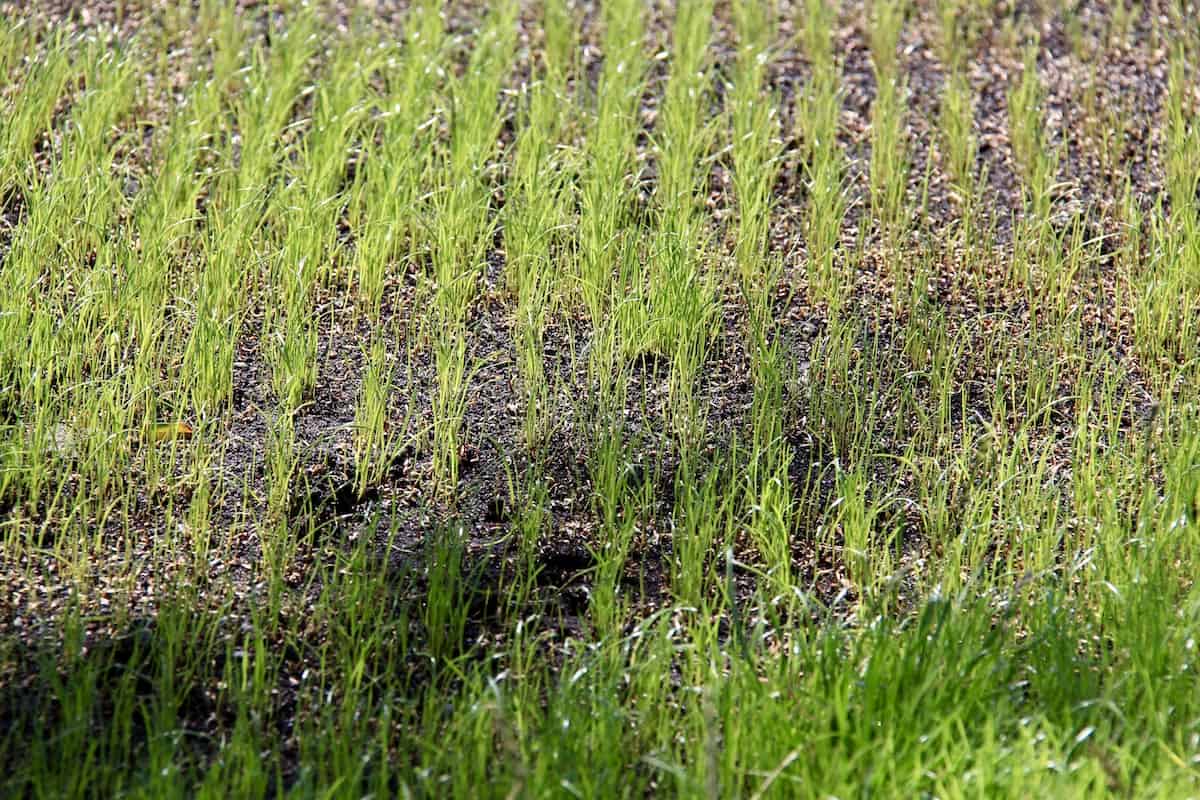
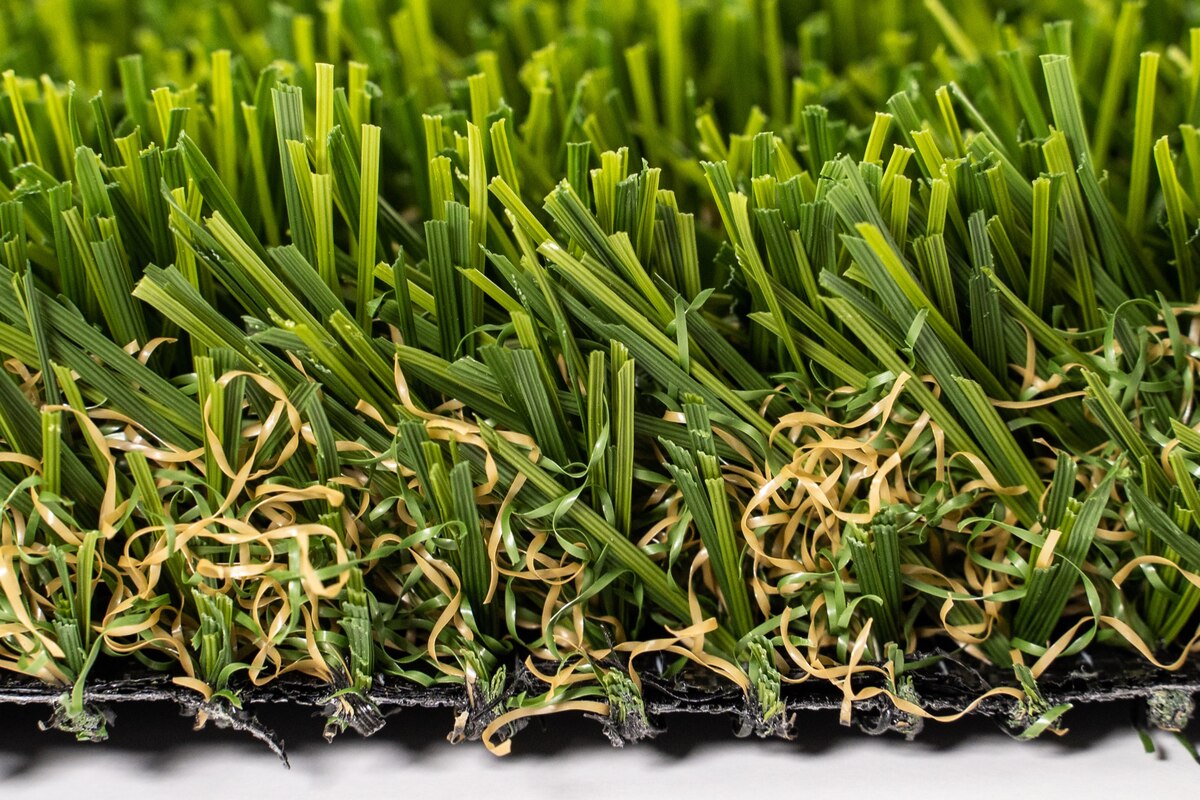
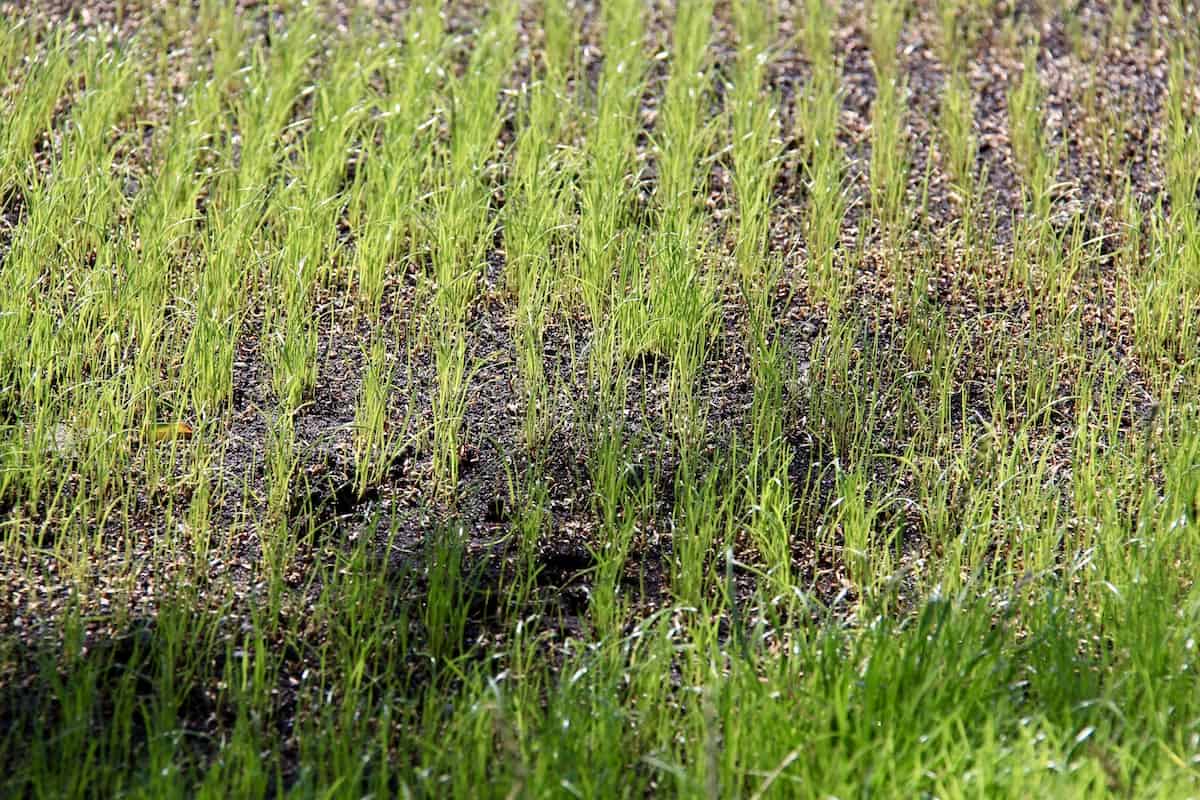
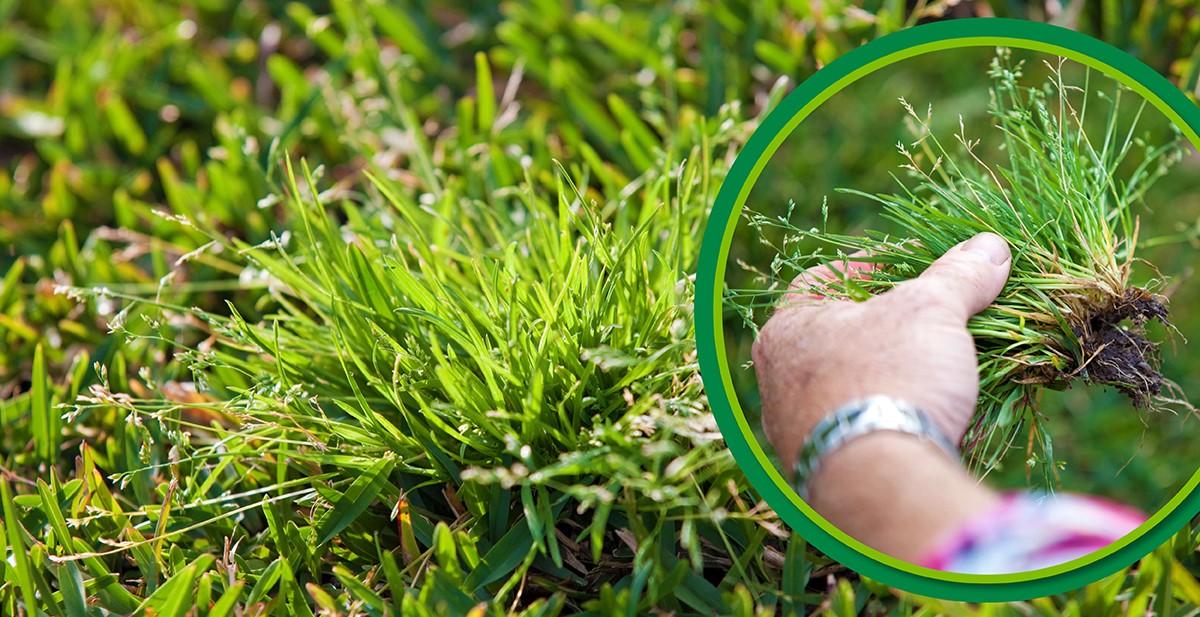
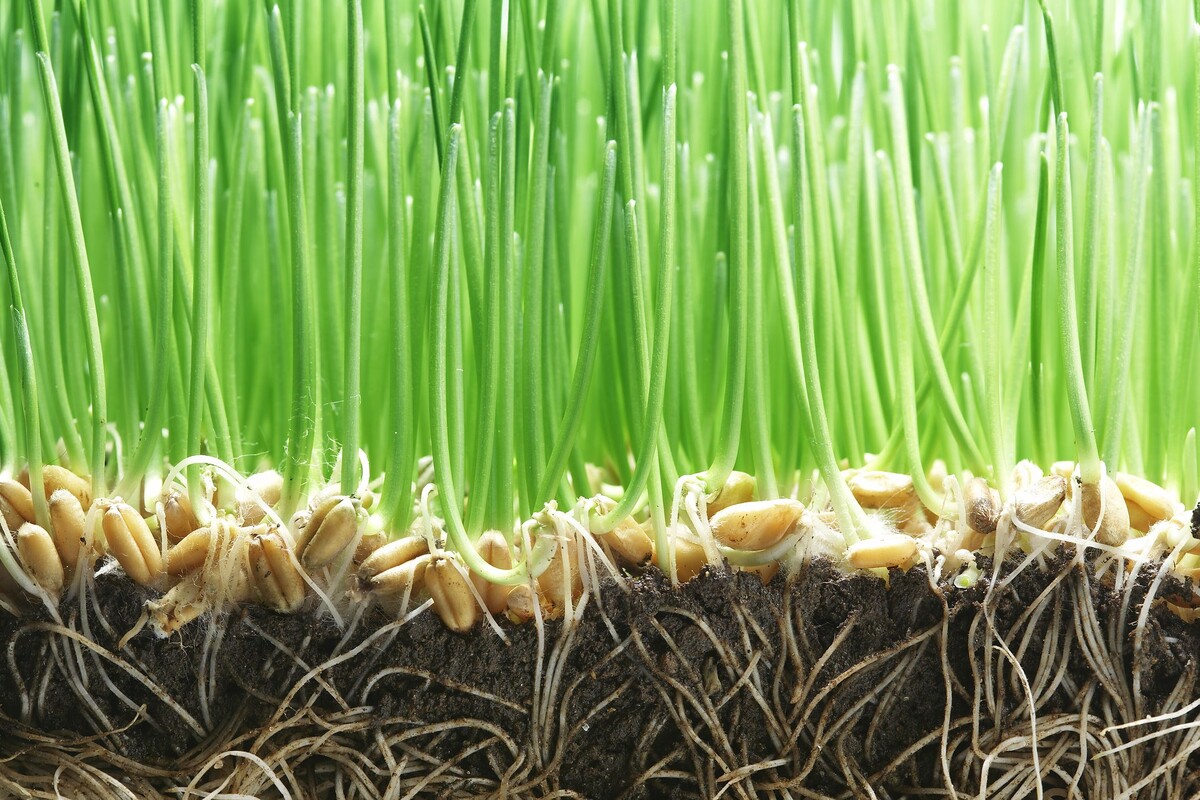
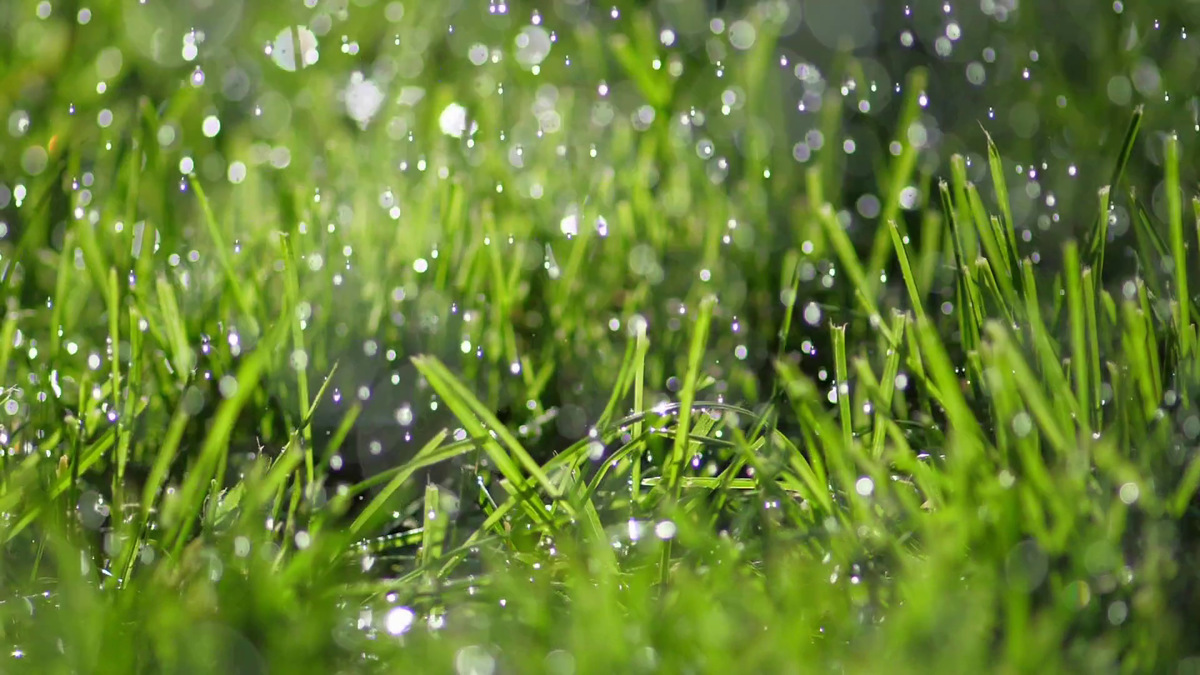

0 thoughts on “How Quickly Does Grass Germinate”